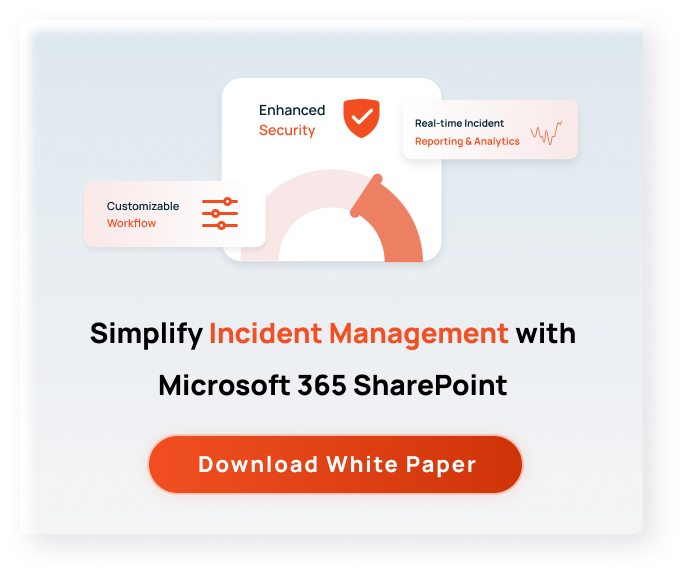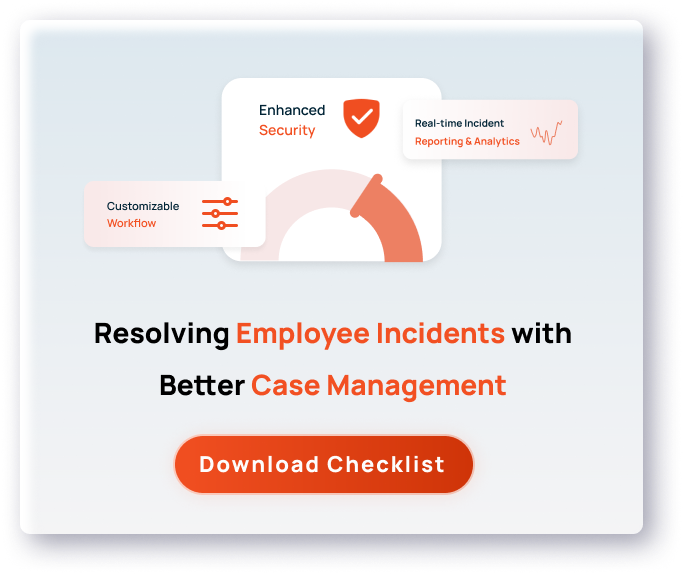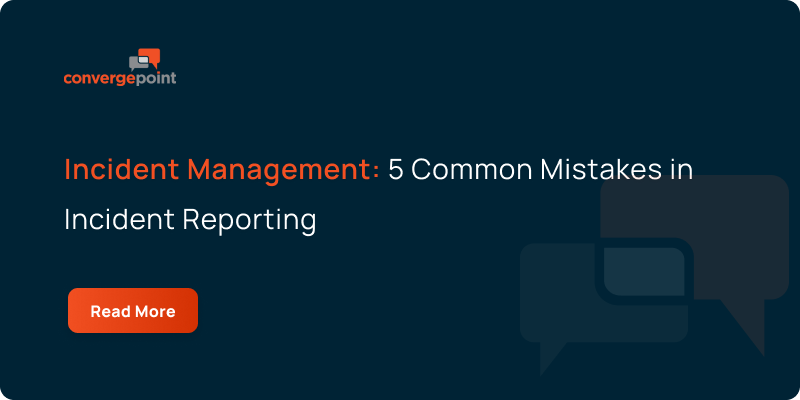Incident Investigation and Case Management Software - Built on Microsoft 365 SharePoint
From compliance challenges and fraud allegations to workplace safety concerns and risk management, an effective incident case management system is essential. Without a centralized and consistent platform, organizations risk missing key evidence, overlooking critical details, or failing to align investigations with business and regulatory requirements. A structured approach ensures that all incidents are properly documented, investigated, and resolved.
ConvergePoint Incident and Case Management Software simplifies how organizations handle investigations. Built on Microsoft 365, our cloud-based incident management system centralizes documentation, automates workflows, and provides role-based access for secure collaboration. With incident case management software, teams can track case progress, maintain a complete record of findings, and ensure incidents are addressed efficiently while staying compliant with regulations.
















